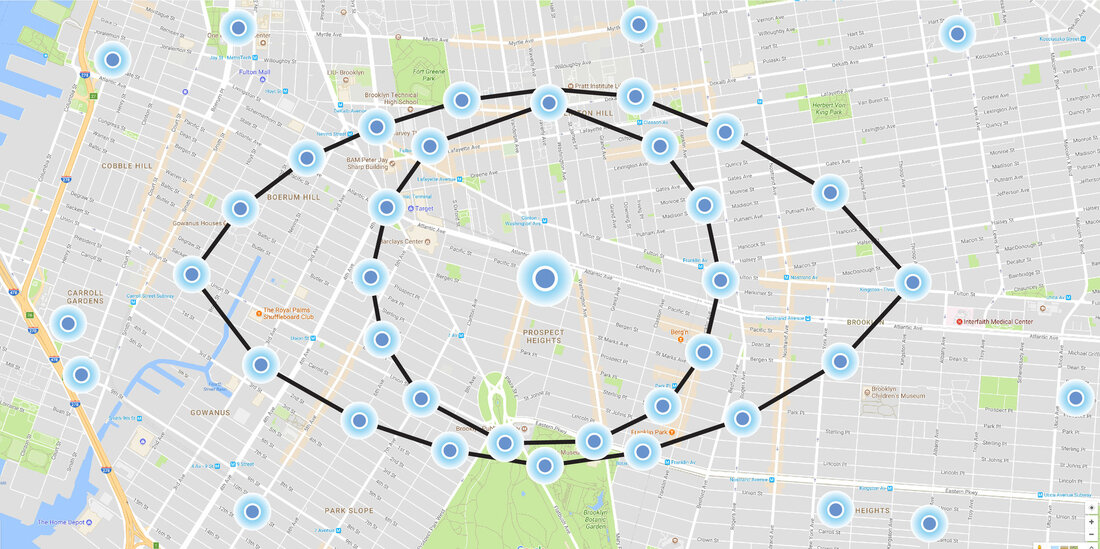77 Percent of Americans Believe Government Should Get a Warrant to Buy Detailed Location Information11/25/2020
If I know where you go, I know what you do and perhaps what you believe. Our location data can be very personal and sensitive information.
Since most of us travel with a cellphone, we have a device with apps that can precisely map our every move. Surely, this information falls under the rubric of our personal “effects” under the Fourth Amendment prohibition against warrantless searches and seizures. The U.S. Supreme Court’s decision in Carpenter v. United States (2018) showed that a majority on the court agreed. In a majority opinion written by Chief Justice John Roberts, the court decided that before law enforcement can obtain our location data, it must obtain a warrant. The court, however, did not explicitly rule on the possibility that the government could simply buy our data from data brokers who scrape our location histories from apps on our phones. That unresolved issue has only become more important. Recently, the IRS, U.S. military and Department of Homeland Security have been regularly obtaining the location data of millions of Americans by buying it from data brokers, information frequently purchased and sold on the commercial market. A new Harris Poll survey sounds out the reaction of the American people to this surveillance:
If these powers are left unchecked, what else might the government purchase to spy on us? There is good reason to believe the government also has access to billions of images from Facebook, LinkedIn, Twitter and YouTube. If the government can simply buy all of our information from data brokers, who get it from app developers, the Fourth Amendment truly does not apply to our “effects.” We expect Senators Ron Wyden, Rand Paul, Patrick Leahy and Mike Lee to soon propose landmark legislation addressing this issue, and entitled “The Fourth Amendment Is Not for Sale Act.” We’ll keep you posted on the provisions in this legislation, what they mean, who supports the bill, and who is against it. Comments are closed.
|
Categories
All
|


 RSS Feed
RSS Feed